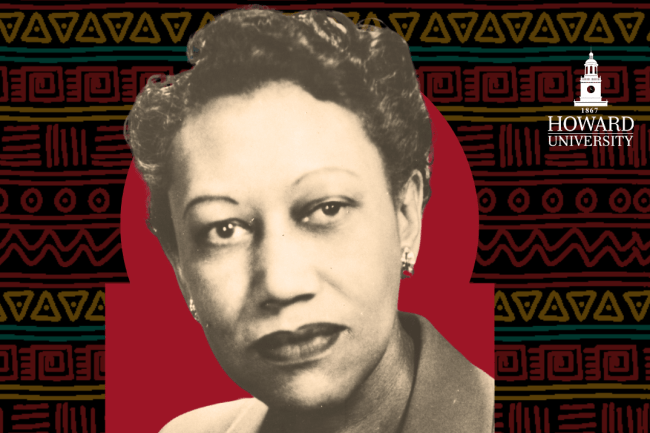Culture is sometimes explained as the structures and processes designed by a society to meet and solve its problems.”
New Beginnings in Social Work
While attending Howard University, Burns began her studies in the social work field and then went on to attend the New York School of Social Work. After graduating, she entered the public-school system.
It was clear that her career “centered around a great desire to create cultural awareness in the provision of social services,” according to the Journal of Sociology and Social Welfare. Lindsay believed that school curriculums should reflect the world we live in and how the nuances of culture, race, and social status play into the field of social work.
In a 1967 article Lindsay stated, “understanding of the socio-cultural component in social change is essential if social workers are to cope with it most effectively.”
“When we speak of culture, we are referring to the total life way of a people. It includes walking, talking, eating and dressing, as well as attitudes, standards, values, and beliefs. Culture is sometimes explained as the structures and processes designed by a society to meet and solve its problems.”
Shortly after obtaining her Ph.D. from the University of Chicago, Lindsay became the acting dean of the School of Social Work when it was established in 1940 and remained dean until her retirement in 1967.
Almost 57 years after its creation, the Howard University School of Social Work describes its vision as one that “serves to enhance human well-being and transform those human, organizational, social and economic conditions which impact African Americans, Africans in the Diaspora, other people of color, and the global community.”
“Today, I continue this legacy by advocating that the profession engages in self-examination to ensure that we are agents of change and not the status quo. This is especially true as we face the pernicious effects of poverty and other disparities in our communities,” said Crewe.
In her final annual report to the University under President James Nabrit. Jr., Lindsay stated, “I acknowledge with the deepest gratitude the loyalty and dedication of the faculty and staff in building a school which has achieved an excellent reputation. The continuation of such commitment can only result in impressive advances for the school, for the University, and for the profession.”
After her passing in 1983, the former School of Social Work building was renamed as the Inabel Burns Lindsay Hall in honor of her legacy and contributions to the field of social work.
Crewe adds, “We honor her guidance to focus on the inextricable link between our School, our University, and our profession--- [as] all three contribute to our excellence.”
Citations:
Brown, Annie Woodley; Gourdine, Ruby Morton; and Crewe, Sandra Edmonds (2011) "Inabel Burns Lindsay: Social Work Pioneer Contributor to Practice and Education through a Socio-cultural Perspective," The Journal of Sociology & Social Welfare: Vol. 38: Iss. 1, Article 8. DOI: https://doi.org/10.15453/0191-5096.3588
Available at: https://scholarworks.wmich.edu/jssw/vol38/iss1/8
Brown, A. W., Gourdine, R. M., & Crewe, S. E. (2011). Inabel Burns Lindsay: Social work pioneer contributor to practice and education through a socio-cultural perspective. The Journal of Sociology & Social Welfare, 38(1). https://doi.org/10.15453/0191-5096.3588
Inabel Burns Lindsay. Crown Family School of Social Work, Policy, and Practice. (n.d.). https://crownschool.uchicago.edu/alumni/success-stories/inabel-burns-lindsay





